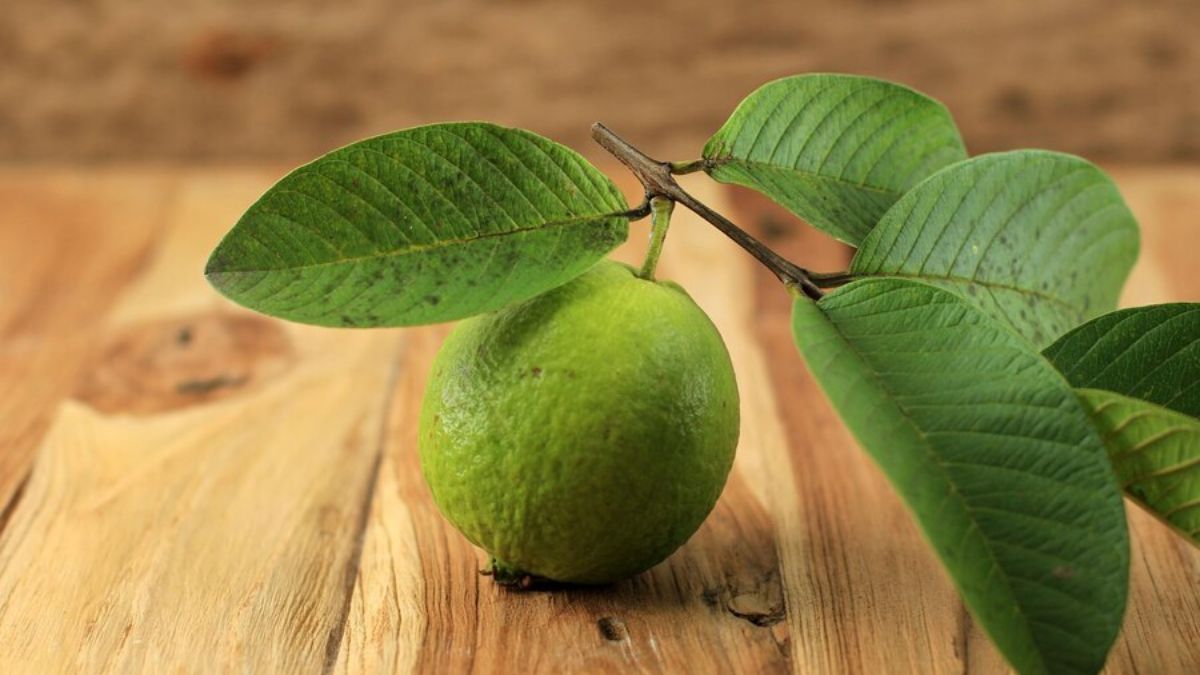
Native to Central America, Guava is cultivated throughout the year in India, and its peak season varies from August to December. In the winter season, people prefer to eat it with a sprinkle of salt or chat masala when they are soaking in the warm heat of the sun.
The pear-shaped fruit flaunts green and yellow skin and is considered good for your health. It has a sweet taste with citrus notes. Loaded with essential nutrients, the fruit has many benefits but also possesses health risks.
We spoke to Abhilasha V, Chief Clinical Nutritionist, Cloudnine Group of Hospitals, to understand the benefits and side effects of the fruit so that you do not overdo it. We also asked her to share a few ways to add to your diet so that it fulfills the body’s requirement for the essential nutrients.

The nutritionist said, “Guava is considered a healthy addition to a balanced diet and valued for its potential benefits.” Here are a few ways the fruit is advantageous for your body,

The nutritionist shared that guava has a few side effects for some people, and therefore, it is essential to be wary of the amount of consumption. Here are a few ways the fruit can be disadvantageous for the body,
Don't Miss: Why Do Some Newborn Girls Bleed?

Nutritionists shared a couple of ways in which one can add guavas to their diet,
Don't Miss: Ayurvedic Expert Shares 8 Dil Se Indian Home Remedies To Combat Sore Throat
Anything that you consume in moderation can benefit your body, but if you overdo it, the side effects can harm your health. Therefore, you must always speak to a dietician, nutritionist, or physician before adding any element to your diet.
Also watch this video
Herzindagi video
Our aim is to provide accurate, safe and expert verified information through our articles and social media handles. The remedies, advice and tips mentioned here are for general information only. Please consult your expert before trying any kind of health, beauty, life hacks or astrology related tips. For any feedback or complaint, contact us at compliant_gro@jagrannewmedia.com.